The Government of Kiribati has today revealed its lifting the closure of Phoenix Islands Protected Area (PIPPA) – and replacing it with what it calls Marine Spatial Planning (MSP) to sustainably use marine resources in the PIPPA area.
A government statement said the decision was based on critical scientific evidence and global finance partnerships, to bring significant and tangible wins for nature and the people of Kiribati.
“An independent Advisory Expert Panel made up of experts from the Forum Fisheries Agency, the Secretariat of the Pacific Community and the Pacific Island Forum Secretariat was invited to carry out an assessment on the impact of PIPA closure on Government revenue and present its findings to the Kiribati Tuna Working Group, a body comprising of the Government of Kiribati agencies.
“The Expert Panel concluded that since the PIPA closure in 2015, there has been a marked decline of demand for fishing in Kiribati EEZ by 8%.
“This is equivalent to 720 fishing days’ decline in fishing efforts in those years. Such decline has a huge implication on future allocations of Kiribati Vessel Day Scheme share under the Parties to the Nauru Agreement. For purse seine fishing, this translates to approximately USD$60m to USD$140 in loss revenue from 2015 to present. For long-line fisheries, approximately USD$850k is forgone annually or equivalent to USD$5.9m since 2015, said the government statement.
The Government of Kiribati also rebuked assumptions that its decision on PIPPA was influenced by external parties. “This is extremely misleading, grossly inaccurate and exhibit the usual hypocritical narratives driven by “neo-colonial precepts”.
The Phoenix Islands Protected Area was first established in 2006 following extensive discussions between scientists from the New England Aquarium and the Government of Kiribati which began in 2003. At the time, there was great concern by the Government of Kiribati given its heavy reliance on revenue from fishing licenses which accounts for more than 70% of Kiribati total annual revenue.
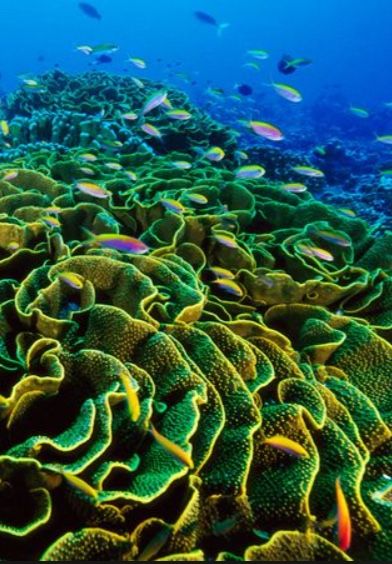
The decision to proceed to close off PIPA as a “no take zone” was made on the assurances that a ‘reversed fishing license’ regime through the PIPA Trust will compensate lost revenue.
This will allow the Government of Kiribati to proceed with its intent to conserve its marine resources through the PIPA initiative and at the same time rely on a new stream of funds to uplift the livelihood of its people.
The closure of PIPA to commercial fishing activities or as a no take zone was finally realised in 2015.
“It has been more than 10 years since its establishment and it is abundantly clear that the development policy logic at its inception, however innovative and well-intended, will not be sufficient to meet the present need of the people of Kiribati now and the development needs of the country for the future.
The Government argued as false the assumption that Kiribati it was forgoing its commitments to conservation.
“Instead, it must be understood that the Government Kiribati is considering options to invest in marine and biodiversity protection and promote climate resilience in our blue economy.
“The Government of Kiribati has made an informed and collective decision to sustainably develop our marine resources within the PIPA area that will favour of both economic and conservation objectives. While this would mean forgoing the “no take zone” within PIPA; on the other hand, it would see our Government apply innovative programmes within the remit of Marine Spatial Planning to sustainably develop our natural resources in a manner that benefits all I-Kiribati.
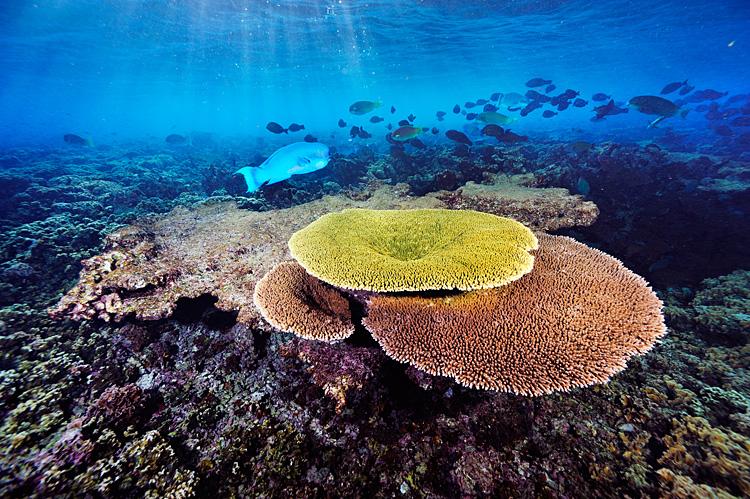
“The Kiribati Vision for 20 years is people-centric and so Kiribati efforts to protect biodiversity needs to strike a balance to enable actions that also uplift the livelihoods of our people. This is our role as Government and our actions within our territorial waters need to be focused on uplifting the livelihoods of our people, including our conservation efforts.
From its inception, the PIPA endowment fund, has so far raised approximately USD$7m, and its interest have only been sufficient to support the operations and management of PIPA. It has not been able to deliver on the assurances of a “reverse fishing license” as it was originally intended to also deliver, said the government statement.
SOURCE: PACNEWS



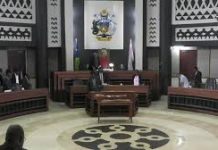

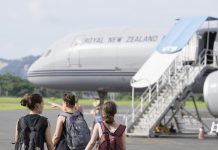
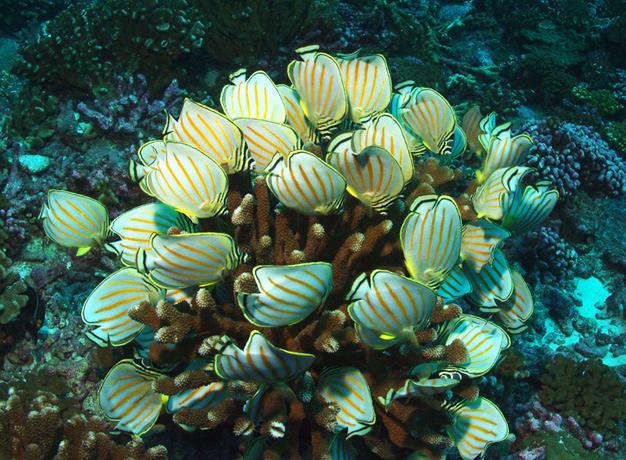








[…] In late 2021, Maamau proposed lifting a 2015 fishing ban in the Phoenix Islands (Rawaki), which he defended by saying that it was scientifically-backed and necessary to increase the nation’s domestic […]